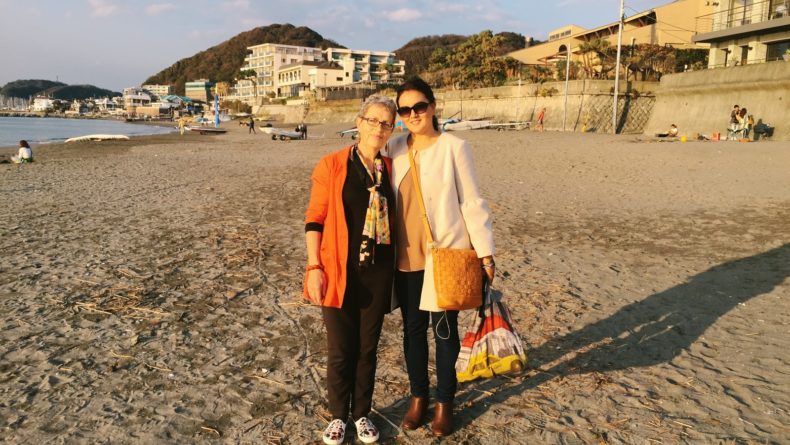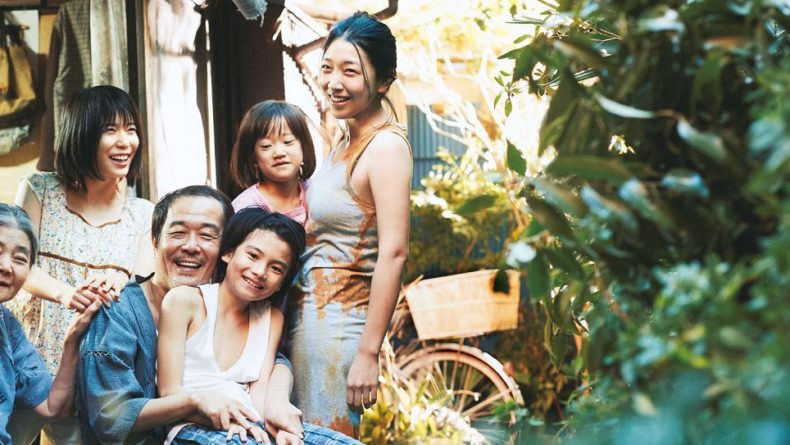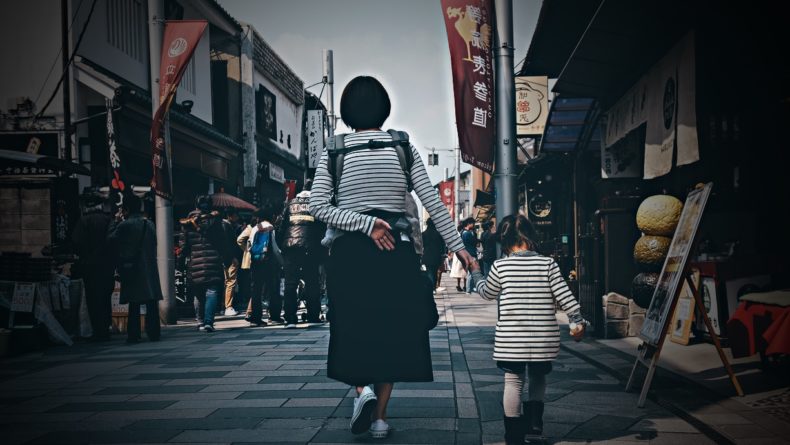We’ve Come A Long Way: Our Foster Baby Is Now A Teenager And She’s Doing Great
Confessions & Confusions: We Can't Be More Proud of Her
The angry, unhappy girl who first moved in with us almost three years ago is now an amazing young teenager who continues to surprise and impress everyone around her.
A few years ago, I wrote about our experiences with our foster daughter Natsumi when she first joined our family. Briefly, at that time, she was combative with her classmates, lied about being given homework, and had no friends because of her angry behavior. Her teachers asked us not to take her off her medication because it kept her calm, although sleepy, and she would be less likely to hurt someone.
Before joining our family, Natsumi was living in institutionalized care. In elementary school, she was in the special education class and had no friends. During lunch breaks, she’d go to the library and read books by herself. When she came to live with us, we were given a long list of her issues, including learning disabilities and that she had borderline intellectual functioning, which meant that while she didn’t have a low IQ, she wasn’t of average intelligence either.
We were also told that she found it difficult to read people and that if we wanted her to do something, we’d have to show her how to do it — repeatedly. Needless to say, my husband I felt that we had a big task ahead of us, but I also felt that, after what we’d been told about her LD and IQ, that we shouldn’t push her unnecessarily hard when it came to school. We would ask simply that she does her homework and for a time, I hired a tutor for both Natsumi and my son.
The decision was left to her to choose whether or not to enter the special education or regular classes when she entered junior high school and she chose the latter. I was concerned that she would struggle as a result of her choice. I also assumed that in the future, she would probably end up in one of the lower-level private high schools in the prefecture.
When she came to live with us, we were given a long list of her issues, including learning disabilities and that she had borderline intellectual functioning.
I thought my assumptions would bear out, because I had read research on these issues and even presented on them at conferences. I knew what kinds of issues institutionalization children have at school — they are far more likely to face challenges than children raised by their biological parents. They are also generally two years behind their peers and the older they are when they leave institutionalized care, the longer it takes them to catch up. Most of these children don’t enter tertiary education.
So, imagine my feelings last week when I went to the parent-teacher interview to meet her teacher for the first time. I knew that she had been getting better and better at school, and was gaining more confidence, but I truly had no idea how far she’d come.
When I walked in to Natsumi’s classroom, the teacher greeted me cheerfully and immediately began singing her praises to the sky. As I sat down, he told me that she works hard and hands in homework every day, is diligent, works well with others, and has many friends in the class.
I sat stunned yet happy, not bothering to remove my coat. The teacher continued to say that Natsumi is a valued member of her class, her basketball team, and if she continues working hard, will be able to enter a high school with a far higher ranking than what I had imagined for her. I was tearing up with joy listening to nothing but good news. I think he told me three times that she was a serious student and reminded me to tell her that he thought so when I went home.
I really can’t take credit for anything except giving Natsumi an environment in which she could feel loved, accepted, and free to be herself and work to her full potential.
I was in and out of the classroom within five minutes, because there were no issues to discuss.
When I told my friends and family the good news, they said that it was my and my husband’s doing, but I really can’t take credit for anything except giving Natsumi an environment in which she could feel loved, accepted, and free to be herself and work to her full potential. And she’s proved me wrong in a way, too. My expectations for her weren’t overly high, I admit. I thought I was being “realistic.” But she’s exceeded them and will likely continue to do so.
The angry, unhappy girl of 11 who first moved in with us almost three years ago is now an amazing young teenager of 14. She’s funny, happy, loving, hard-working, and thoughtful, and I am so very grateful to be part of her journey to self-actualization. Against so many odds (not knowing her biological parents, being rehomed twice, and living with an unusual multicultural family) she has so much self-confidence and self-possession now – certainly more than I had at her age. I am so proud of her and can’t wait to see where her life will take her. The world is well and truly her oyster.
“Confessions & Confusions” is Melodie Cook’s regular column on adoption and fostering in Japan. Here, she answers questions from potential adoptive or foster parents, those who have already been through the system or any parents who just need to let off some steam, as well as discusses various aspects of living as an adoptive and fostering family in Japan. Got a question? Leave a comment or send us an email at editorial@gplusmedia.com
















Leave a Reply